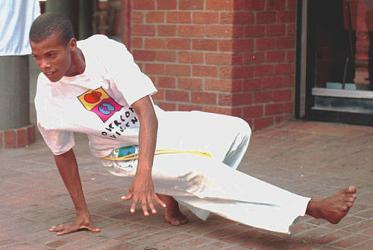Displaying 201 - 220 of 229
Peace declaration to be "mission statement" for the churches
23 December 2008
Moderator urges perseverance toward unity
13 February 2008
Be "leaders in peace", WCC invites churches
08 December 2007
Reflections on a new ecumenical epoch
05 September 2006



